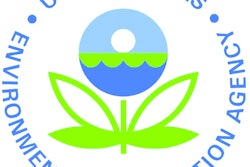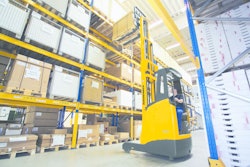The head of the world's airline body is warning the escalating row over the EU's Tax on aviation carbon emissions could lead to a trade war.
"If other countries believe the EU will not negotiate in a constructive way, they will have no choice but to take measures to force the EU to talk and that's how a trade war starts," said Tony Tyler, director-general of the International Air Transport Association (IATA).
China ordered its airlines not to join the EU's Emission Trading Scheme (EU ETS) earlier this month. The conflict could also sour Chinese support for efforts to resolve Europe's sovereign debt crisis. The EU ETS, which 43 nations now oppose, became effective on Jan 1 to regulate airline emissions.
Although IATA credited the EU for passing the ETS to place climate change on the international agenda, it said the EU's unilateral approach is problematic.
Some non-European governments see this as an extraterritorial tax and an attack on their sovereignty. Nations opposed to the ETS will meet shortly in Moscow to plan their next step.
Some are threatening retaliatory measures against European carriers or other European business sectors, said Mr. Tyler. The International Civil Aviation Organization (ICAO), a UN agency, adopted a resolution urging Europe to change course.
"Aviation can ill afford to be caught in an escalating political or trade conflict over the EU ETS," said Mr. Tyler.
He suggested the EU work out a global solution through ICAO and engage the industry in the discussion.
ICAO agreed to 15 principles for economic measures and committed to develop a framework for a global trading or compensation scheme by the next ICAO Assembly in 2013.
"There is widespread agreement that ICAO is on the right track even if the pace of progress is not sufficient for some," added Mr. Tyler.
"What is needed is continued patience to enable the international process to run its course and for European states to be wholehearted participants in that process."
But the EU has so far refused to budge, with Siim Kallas, the European Commission's vice-president for transport, telling an airline conference in Singapore last week the tax will continue.
Mr. Tyler noted that airlines operating to Europe such as Thai Airways International (THAI) are at a disadvantage when flying direct compared with those that have a stop just outside European airspace such as the Middle East.
Many airlines operating in Europe have not yet added the ETS carbon tax to their ticket prices.
Neither the Thai government nor THAI has publicly voiced opposition to the ETS, which would add roughly 2,000 baht to the ticket price for a Bangkok-Europe flight.
IATA said airlines, airports, air navigation service providers and plane makers have committed themselves to reduce aviation's carbon footprint by:
- improving fuel efficiency by an average of 1.5 percent annually until 2020;
- capping net emissions from 2020 via carbon-neutral growth;
- cutting their carbon footprint in half by 2050 compared with 2005 levels.
















